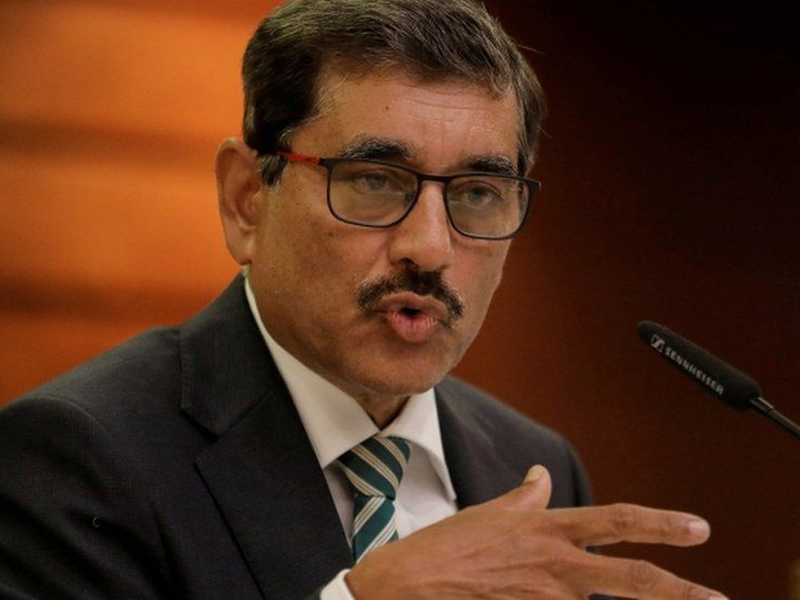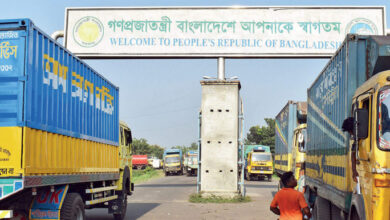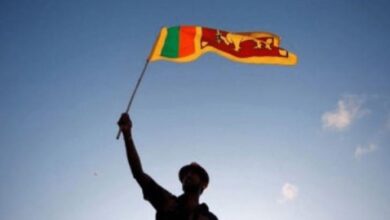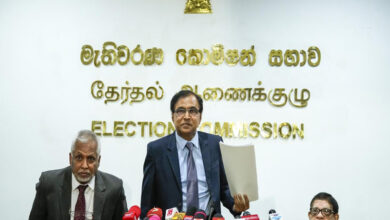Sri Lanka Addresses Transparency Concerns Over $4.2 Billion China Debt Deal, Shares Details with IMF and Creditors
Dr. Weerasinghe highlighted the Central Bank's commitment to a hands-off approach regarding the exchange rate, intervening only to curb volatility and strengthen reserves.

Colombo: In a recent development, the Sri Lankan government has taken steps to address concerns regarding transparency surrounding the $4.2 billion debt deal with China. Governor of the Central Bank, Dr. Nandalal Weerasinghe, informed Bloomberg that the details and conditions of the deal have been shared not only with the International Monetary Fund (IMF) but also with other creditors.
Governor Weerasinghe expressed optimism about restructuring Sri Lanka’s overall debt through the official creditors committee, with a strategic aim to secure IMF support for a $330 million payout by the end of the year. This move comes as part of Sri Lanka’s broader efforts to stabilize its economy, which faced a severe crisis and default on debt last year, as reported by Bloomberg.
Addressing the concerns raised by the surprise debt deal with China, Weerasinghe’s transparency initiative is expected to alleviate uncertainties surrounding the agreement. Bloomberg notes that Sri Lanka’s economy has shown positive signs of recovery, with inflation dropping to 1.5%, foreign exchange reserves surging to $3.6 billion, and a noticeable easing of shortages in essential goods.
Dr. Weerasinghe highlighted the Central Bank’s commitment to a hands-off approach regarding the exchange rate, intervening only to curb volatility and strengthen reserves. The Sri Lankan currency has experienced a remarkable turnaround, rallying 12% this year, a stark contrast to its 45% decline in 2022. The infusion of IMF funds has fueled hopes for fiscal recovery, contributing to nearly 70% returns on Sri Lanka’s dollar bonds, according to Bloomberg.
Emphasizing adherence to IMF targets, Governor Weerasinghe aims to increase reserves to cover around three months of imports while pursuing a more flexible exchange rate. The resolution of uncertainties in debt restructuring is anticipated to expedite monetary policy transmission, bridging the gap between policy and market rates. Overall, these developments signal a positive trajectory for Sri Lanka’s economic recovery, with increased transparency and adherence to international financial standards.




